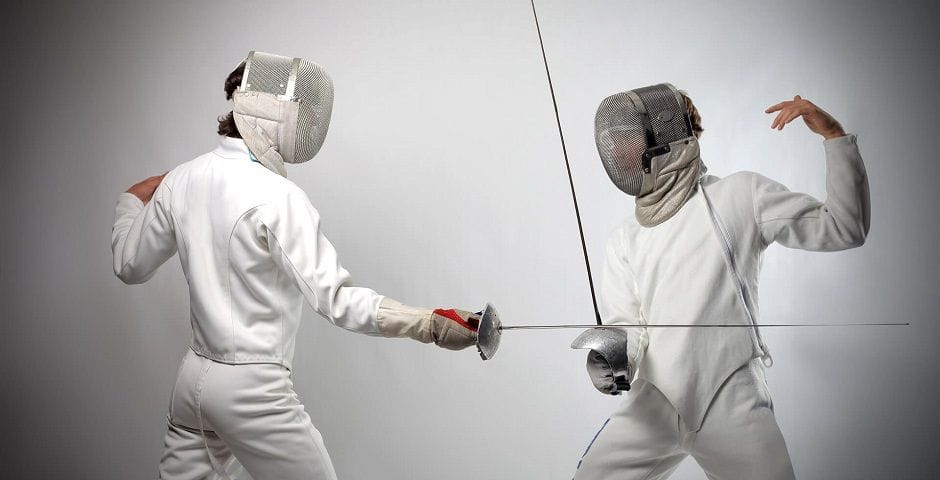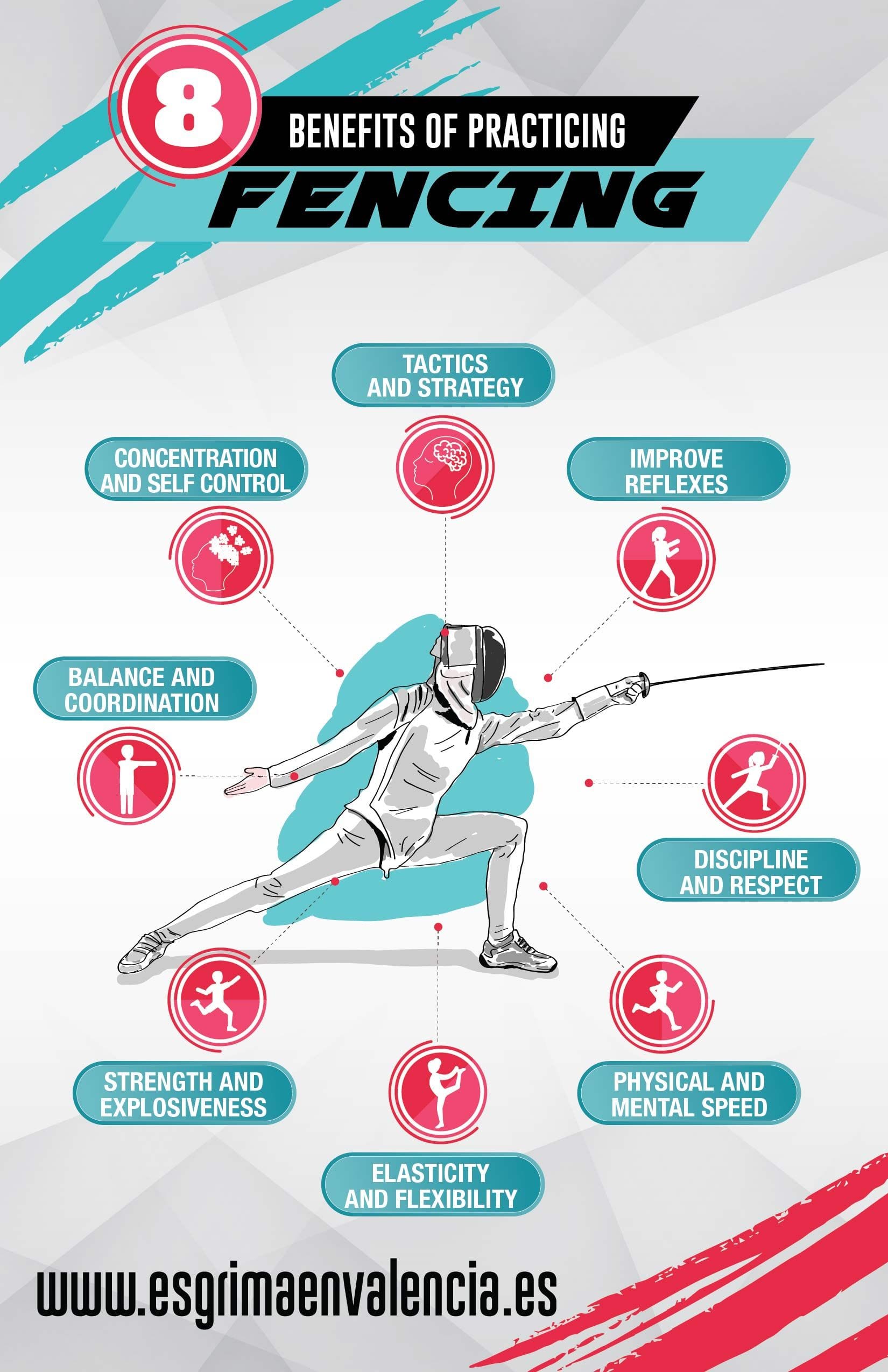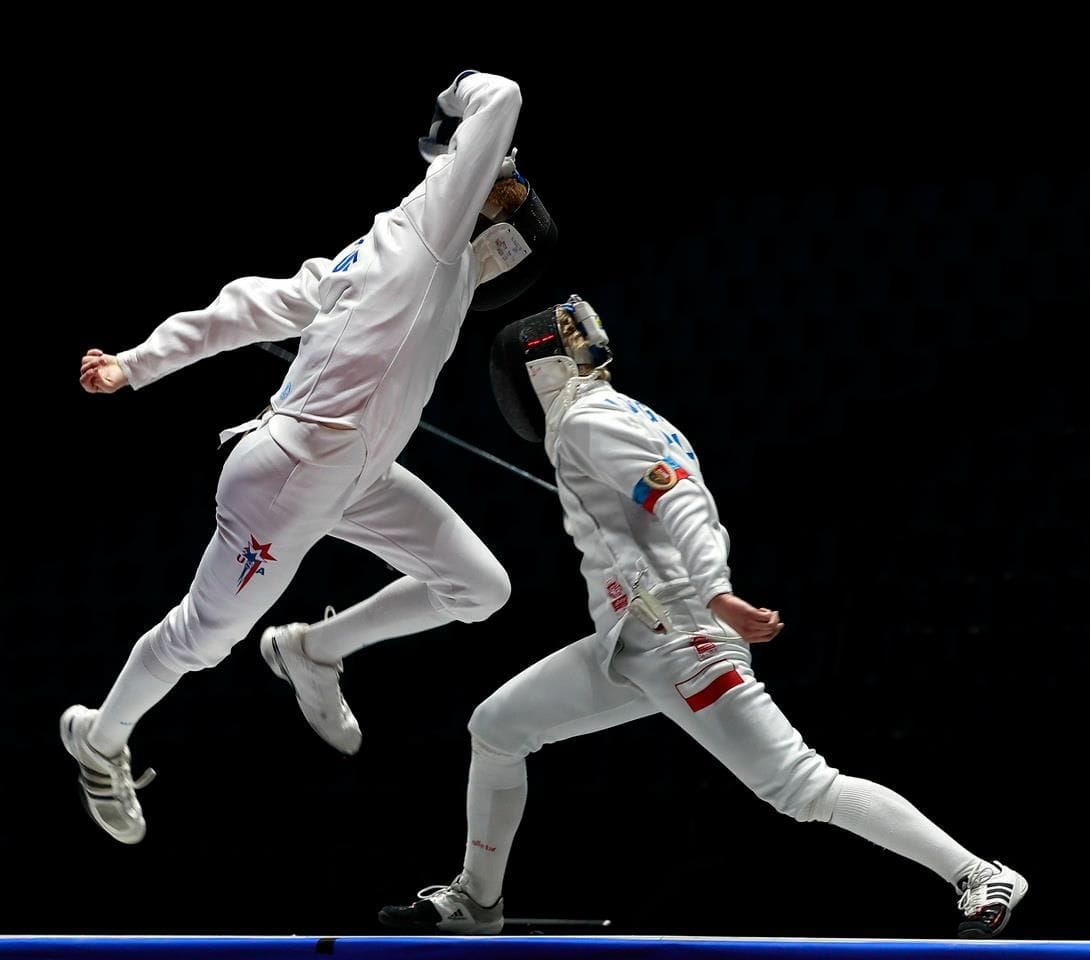
Fencing has long been recognized as a sport by the International Olympic Committee (IOC), the National Collegiate Athletic Association (NCAA), and other governing bodies. However, the question of whether fencing is considered a sport may arise from misconceptions about the activity's physical demands, competitive nature, and popularity.
Fencing has a rich history, dating back to ancient civilizations, where it was practiced as a form of martial art and self-defense. Today, fencing is a modern sport that requires a unique blend of physical fitness, technical skill, and mental toughness. Fencers engage in intense physical activity, often at high speeds, and must possess quick reflexes, agility, and endurance.
Despite its athletic demands, fencing is sometimes perceived as an elitist or niche activity, which may contribute to doubts about its status as a sport. However, this perception is far from accurate. Fencing is a highly competitive sport that requires years of dedicated training, practice, and sacrifice.
In recent years, fencing has gained popularity, particularly among young athletes, thanks to the increased exposure of the sport in the media and the efforts of governing bodies to promote it. The introduction of new technologies, such as electronic scoring machines, has also helped to modernize the sport and make it more accessible to a wider audience.
In this article, we will delve into the world of fencing, exploring its history, physical demands, and competitive aspects, to demonstrate why fencing is, indeed, a sport that requires skill, athleticism, and dedication.
Physical Demands of Fencing

Fencing is an anaerobic sport that requires quick bursts of energy, explosive movements, and sustained physical activity over an extended period. Fencers must possess a unique combination of physical attributes, including:
Speed and agility: Fencers need to be able to move quickly and change direction rapidly to respond to their opponent's actions. Strength and power: Fencers require strong legs, core, and upper body to generate force and momentum for their movements. Endurance: Fencers need to be able to sustain their physical activity over the duration of the competition, which can last several minutes or even hours. Flexibility and coordination: Fencers require good flexibility and coordination to execute complex movements and maneuvers.
The physical demands of fencing are comparable to those of other sports, such as tennis, basketball, and soccer, which are widely recognized as sports.
Types of Fencing
There are three main types of fencing: foil, epee, and sabre. Each type has its unique characteristics, rules, and physical demands.
Foil fencing: Foil fencing is a light, agile, and precise type of fencing that emphasizes speed and strategy. Foil fencers use a lightweight, flexible sword with a small, rectangular blade. Epee fencing: Epee fencing is a more physical and intense type of fencing that emphasizes strength, power, and endurance. Epee fencers use a heavier, stiffer sword with a triangular blade. Sabre fencing: Sabre fencing is a dynamic and aggressive type of fencing that emphasizes speed, agility, and tactics. Sabre fencers use a curved, single-edged sword with a flattened, broad blade.
Each type of fencing has its unique physical demands, and fencers must adapt their training and technique to the specific requirements of their chosen discipline.
Competitive Aspects of Fencing

Fencing is a highly competitive sport that requires fencers to possess a unique blend of physical fitness, technical skill, and mental toughness. Fencers compete in tournaments and championships, both individually and as part of teams, to test their skills against other fencers.
The competitive aspects of fencing include:
Individual competitions: Fencers compete against each other in a series of matches, with the winner advancing to the next round. Team competitions: Teams of fencers compete against each other, with the team scoring points based on the individual performances of its members. Tournaments and championships: Fencers compete in tournaments and championships, both nationally and internationally, to determine the best fencers in their discipline.
The competitive nature of fencing requires fencers to be highly motivated, focused, and disciplined, both physically and mentally.
Conclusion: Fencing as a Sport
Fencing is, indeed, a sport that requires skill, athleticism, and dedication. Its physical demands, competitive aspects, and rich history make it a unique and challenging activity that appeals to a wide range of athletes and enthusiasts. Whether you are a seasoned fencer or just starting out, fencing offers a rewarding and exciting experience that can help you develop your physical fitness, technical skills, and mental toughness.
So, if you're looking for a new challenge or just want to learn more about this fascinating sport, consider giving fencing a try. You might just find that it's the perfect activity for you.
In the words of the great fencer, Edoardo Mangiarotti, "Fencing is not just a sport, it's a way of life."
Is fencing a physically demanding sport?
+Yes, fencing is a physically demanding sport that requires quick bursts of energy, explosive movements, and sustained physical activity over an extended period.
What are the different types of fencing?
+There are three main types of fencing: foil, epee, and sabre. Each type has its unique characteristics, rules, and physical demands.
Is fencing a competitive sport?
+Yes, fencing is a highly competitive sport that requires fencers to possess a unique blend of physical fitness, technical skill, and mental toughness.